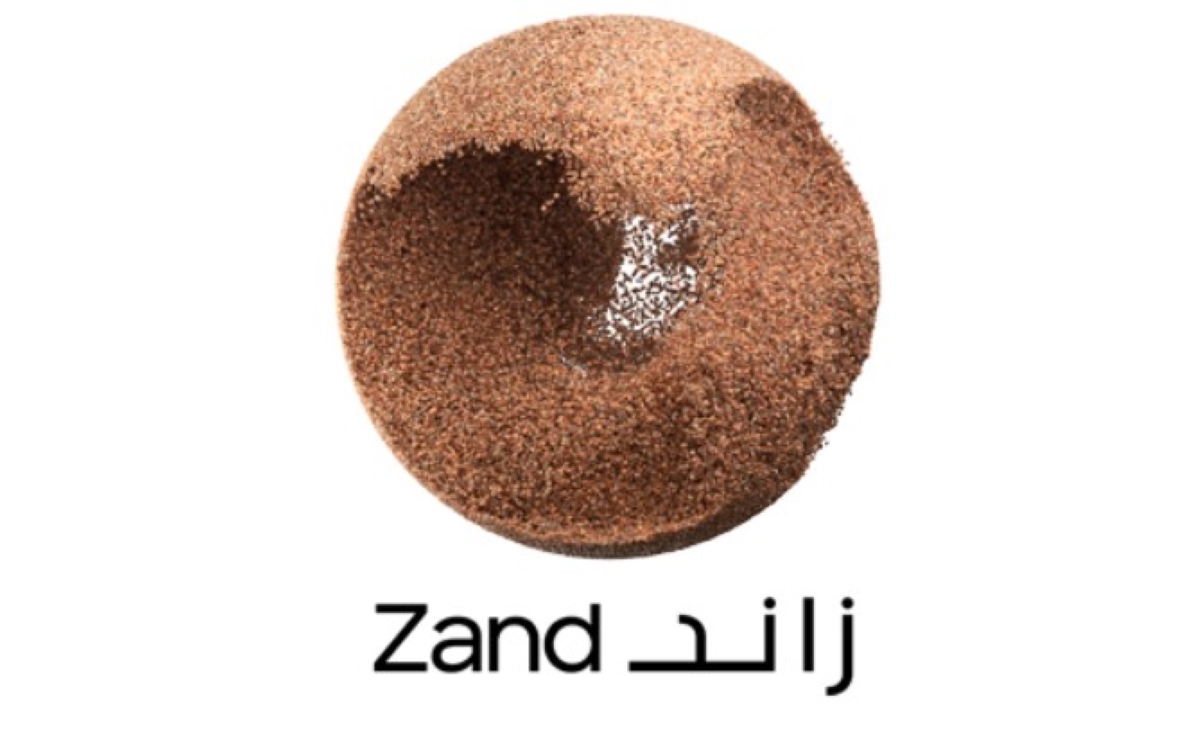United Arab Emirates | November 18, 2025
The Central Bank of the United Arab Emirates has approved the nation’s first fully regulated AED stablecoin, marking a major breakthrough for the country’s digital asset ecosystem. The token, issued by Zand Bank, becomes the first dirham-backed stablecoin allowed to operate on public blockchain networks under a clear regulatory framework.
UAE Becomes First in the Region to Approve a Regulated AED Stablecoin
Zand confirmed that the new AED stablecoin will be backed one to one with physical dirham reserves held in safeguarded UAE bank accounts. The approval followed a detailed review by the Central Bank to ensure full compliance, consumer protection and operational transparency.
Olivier Crespin, CEO of Zand, called the launch a defining moment for the region’s digital economy. He said, “The UAE has taken a bold and responsible step. The AED stablecoin gives businesses and individuals a regulated digital dirham they can trust.”
Crespin added that the stablecoin will support faster settlement, cross border payments, digital commerce and tokenized financial services. According to him, the goal is to offer a transparent product that maintains strict regulatory oversight and complete redeemability.
A senior Central Bank official said the decision aligns with the national strategy to modernize infrastructure and encourage safe blockchain innovation. The official noted, “Our aim is to promote innovation while protecting consumers. The approval of a regulated AED stablecoin shows our commitment to a secure digital financial system.”
The stablecoin will launch on multiple public blockchain networks, which Zand says will increase accessibility and interoperability for developers, fintech companies and global payment providers. The bank also stated that the token will undergo continuous audits to maintain transparency on its reserves.
ALSO READ: Microsoft and G42 Launch $15.2 Billion UAE Data Center Expansion to Drive AI Infrastructure
Industry analysts say the Central Bank’s approval gives the UAE a competitive advantage at a time when other jurisdictions are still debating how to regulate stablecoins. The move positions the country as one of the most proactive regulators in the digital asset space.
Crespin said the approval creates significant new opportunities for innovation across the Gulf region. He explained, “The AED stablecoin is a foundation for digital trade and financial inclusion. It will unlock new use cases for payments, remittances and blockchain applications.”
With Zand now officially licensed to issue the token, the UAE is expected to see increased adoption from exchanges, remittance companies, fintech startups and institutional investors looking for regulated AED liquidity on chain.


